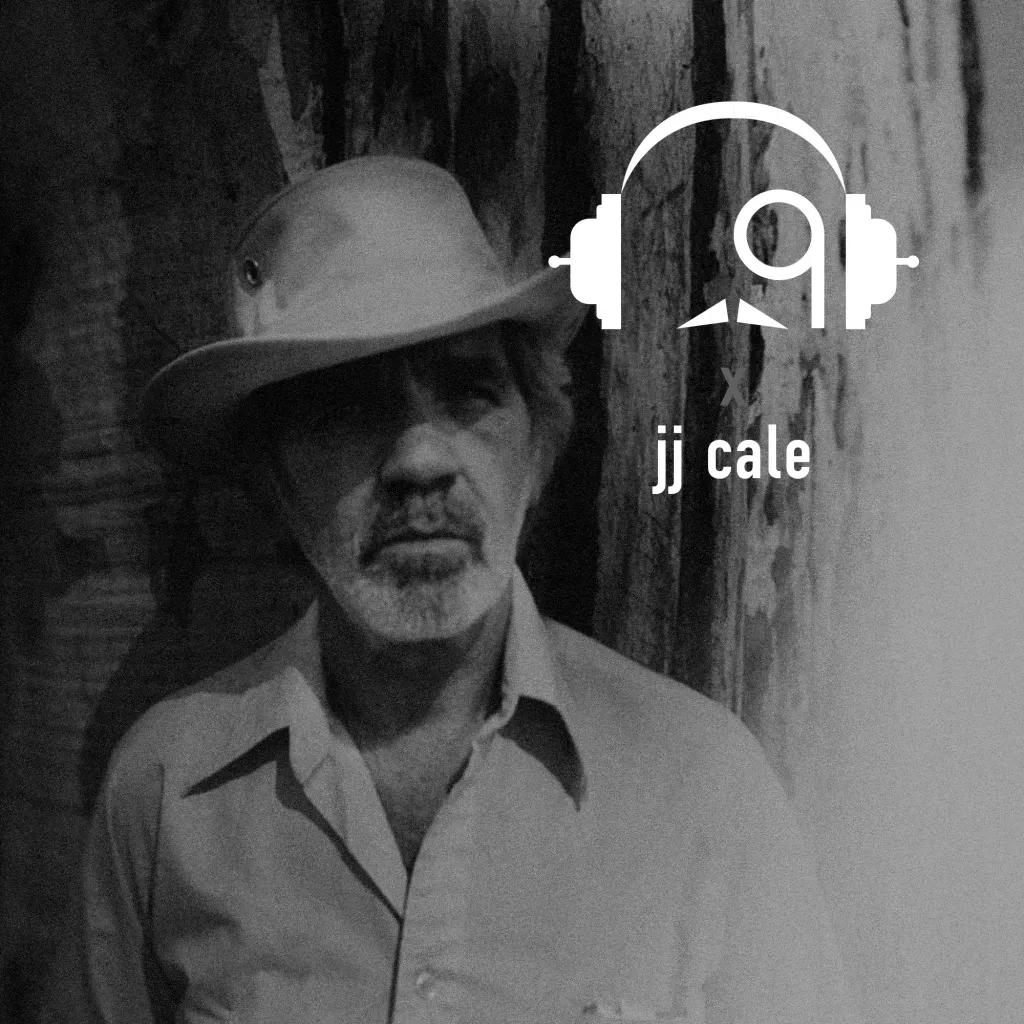
Tripping Out
Tripping Out on J.J. Cale
El Mascarado uncovers one of the most mysterious rock legends of all time
I discovered J.J. Cale the same way I imagine most people discover J.J. Cale: through the many artists that have been influenced by, or covered, his work, notably Clapton and Taj Mahal. I got curious about this mysterious songwriter and started digging a little deeper, and, as I am sure happens with everybody who does, I’ve been tripping out ever since.
As I pieced together the J.J. Cale story, it became clear that he was easily one of the most under-recognised musicians of all time, but it turns out, that is exactly how he wanted it.
"I wanted to be part of the show, I didn't want to BE the show"
J.J. Cale
Cale was raised in the honky-tonk clad streets of Tulsa, Oklahoma in the '40s and '50s as the sun was setting on the Big Bands, Frank Sinatra era. The state was still plagued by Prohibition so Cale cut his teeth by playing in venues that were constantly at risk of getting shut down or raided by the police. This constant state of danger served as the catalyst that, when combined with Cale’s unique set of talents and Tulsa’s musical geography at the time (jazz from one side, blues from another and country all around, as Cale described it), sparked the creation of a genre. Some call it the ‘Tulsa Sound’, Others simply call it the ‘Cale Sound’.
As the '60s rolled around a young Cale set off with a group of musicians to LA, to chase the booming “music business”. Not a care in the world. The hippie vibes of Hollywood were good to them and Cale was able to keep the good times rolling from gigs here and there and the odd studio engineer job. But eventually he grew sick of constantly being broke and had had enough fun with whiskey, drugs and all of the other popular indulgences of the time. So he sold his Les Paul and headed back to Tulsa, with little more than good memories and a few singles he had managed to produce with Liberty Records (these had little commercial success).
Back in Tulsa he managed to get a job playing guitar for another musician, until one day he heard one of his songs playing on the radio. A young, up and coming British rock musician by the name of Eric Clapton had released After Midnight on his debut solo album. Which was actually a cover of one of Cale’s singles that he had produced in LA (a B-side in fact).
The success of Clapton’s cover (which reached #18 on the US charts) basically made it so Cale would not have to worry about money or “getting a real job” for the rest of his life and could do whatever he wanted. Fortunately for us, what he wanted to do was make and play music. A lot of it.
This would happen again and again with Cocaine (that’s right, your favourite Clapton song was actually written by Cale), Call Me the Breeze (Lynard Skynard) and countless others. Cale actually made the vast majority of his income through covers of his songs.
As it turns out, Cale was not very good at promoting his own records (he once refused to promote a recent release that was building traction on Dick Clark because they told him he could not bring his own band and would have to lip-sync). However, what Cale lacked in promotional skills, he more than made up in musical and song writing talent. To name a few of the weapons in his musical arsenal:
- He played guitar well, really fucking well. Neil Young had this to say about it: “Of all the players I ever heard, it's gotta be [Jimi] Hendrix and J. J. Cale who are the best electric guitar players.”
- He was one hell of a producer. A skill he picked up as a kid and supercharged with the electronics training he received while serving a brief stint in the airforce. He built his first studio in the shed in his parents yard where he would cut records (and this is the '50s mind you, so cutting literally meant cutting).
- He had a very addictive whispery voice that complemented the instrumental part of his sound so well.
Cale was in the unique position that he could write the genius, but was not burdened by mainstream fame (the guy could happily do his own groceries with a pretty high chance of not getting bothered for the vast majority of his life). This afforded him a long career of 16 studio albums and countless singles and collaborations, with a very loyal, tight group of fans. He did briefly taste the limelight in 2008 at the age of 68 when him and Clapton released Road to Escondido which won them a Grammy.
Cale was the ultimate musicians’ musician. His influence was far bigger than he was, so over his long, fruitful career he was able to really focus on his music and defining the uniqueness of his sound, to the point where it became almost synonymous with an entire genre.
[Author's Note: Cale’s tracks are said to have a unique quality to them, some call it ‘warm’ some (including Cale) call it ‘muddy’ but it is certainly very distinct, and most apparent with headphones. Cale attributes this quality to his lack of ability to afford state of the art studio equipment for the vast majority of his career, and producing a lot of tracks himself, by hand, at home. I know, I know this guy just gets cooler and cooler...]
